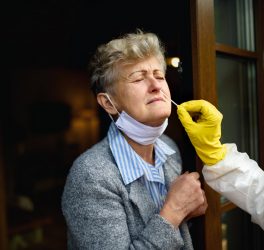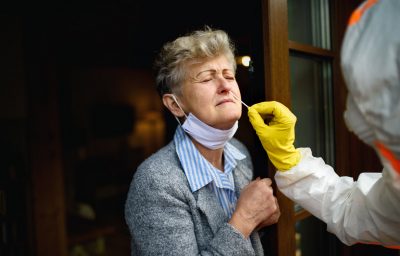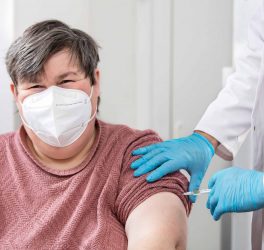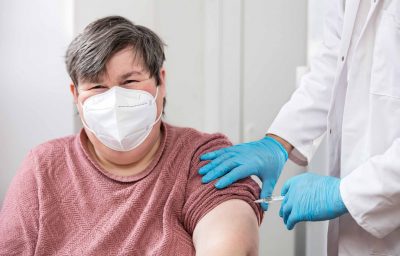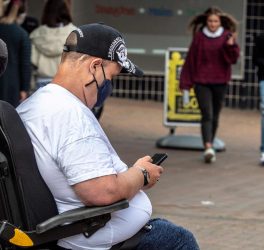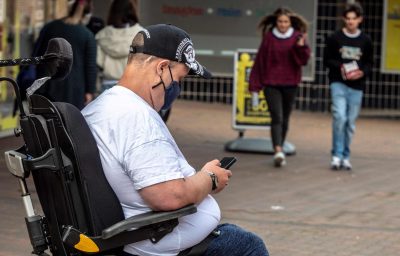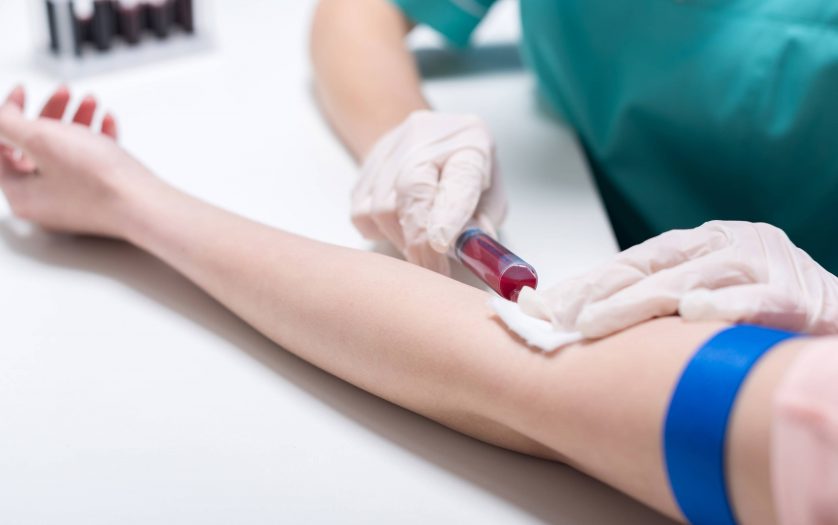
There has never been a more dangerous time than the COVID-19 pandemic for people with non-communicable diseases (NCDs) such as diabetes, cancer, respiratory problems or cardiovascular conditions, new UNSW Sydney research has found.
Among the adverse impacts of the pandemic for people with NCDs, the study found they are more vulnerable to catching and dying from COVID-19, while their exposure to NCD risk factors – such as substance abuse, social isolation and unhealthy diets – has increased during the pandemic.
The researchers also found COVID-19 disrupted essential public health services which people with NCDs rely on to manage their conditions.
The study, published in Frontiers in Public Health recently, reviewed the literature on the synergistic impact of COVID-19 on people with NCDs in low and middle-income countries such as Brazil, India, Bangladesh, Nepal, Pakistan and Nigeria.
The paper, which analysed almost 50 studies, was a collaboration between UNSW and public health researchers in Nepal, Bangladesh and India.
Lead author Uday Yadav, PhD candidate under Scientia Professor Mark Harris of UNSW Medicine, said the interaction between NCDs and COVID-19 was important to study because global data showed COVID-19-related deaths were disproportionally high among people with NCDs – as the UNSW researchers confirmed.
“This illustrates the negative effect of the COVID-19 ‘syndemic’ – also known as a ‘synergistic epidemic’ – a term coined by medical anthropologist Merrill Singer in the 1990s to describe the relationship between HIV/AIDS, substance abuse and violence,” Mr Yadav said.
“We applied this term to describe the interrelationship between COVID-19 and the various biological and socio-ecological factors behind NCDs.
“So, people are familiar with COVID-19 as a pandemic, but we analysed it through a syndemic lens in order to determine the impact of both COVID-19 and future pandemics on people with NCDs.”
Mr Yadav said the COVID-19 syndemic would persist, just as NCDs affected people in the long-term.
“The evidence we analysed also showed there was poor self-management of NCDs at a community level and COVID-19 has disrupted essential public health services which people with NCDs rely on.”
Mr Yadav said the researchers’ findings led them to recommend a series of strategies for healthcare stakeholders – such as decision-makers, policymakers and frontline health workers – to better manage people with NCDs in light of the COVID-19 syndemic.
“Healthcare systems – such as Australia’s – do have some of these strategies in place, but they need improvement,” he said.
Highlights from the recommended strategies include:
- Develop plans for how to best provide health services to people with NCDs, from the moment they are assessed through to their treatment and palliation.
- Develop digital campaigns to disseminate information on how to make positive behaviour changes and better self-manage NCDs and COVID-19.
- Decentralise healthcare delivery for people with NCDs: involving local health districts and investing in community health worker programs could help to mitigate future outbreaks. In addition, tailor self-management interventions for people with NCDs.
- Ensure effective social and economic support for people with NCDs who are vulnerable to catching COVID-19, particularly Indigenous, rural, Culturally and Linguistically Diverse (CALD) and refugee communities, as well as people with severe mental illness.
- Evaluate technology-assisted medical interventions to improve healthcare services, because complex case management, assessment and support is increasingly being done via telehealth appointments or other technology.

